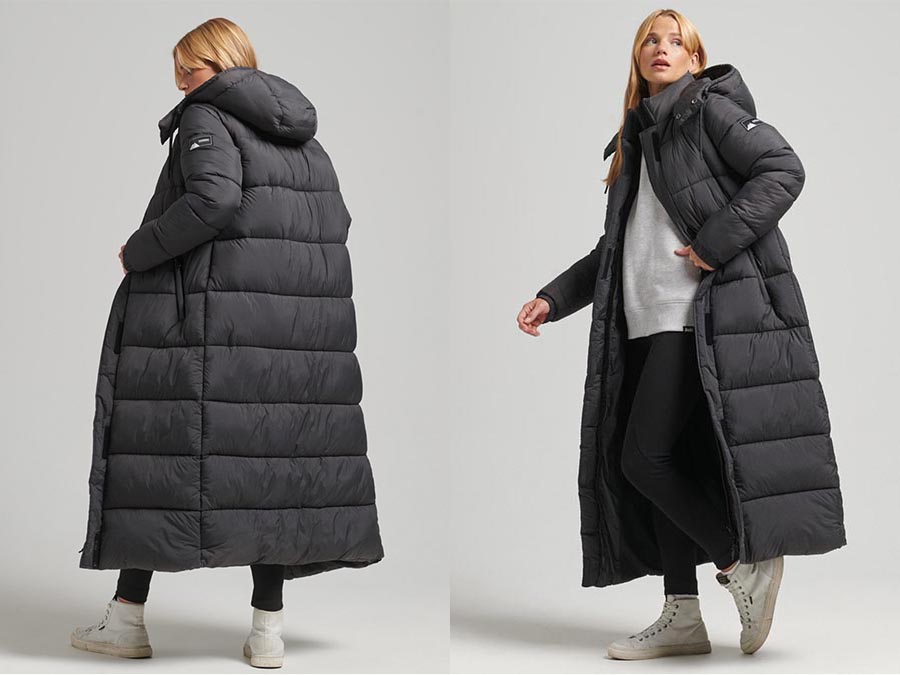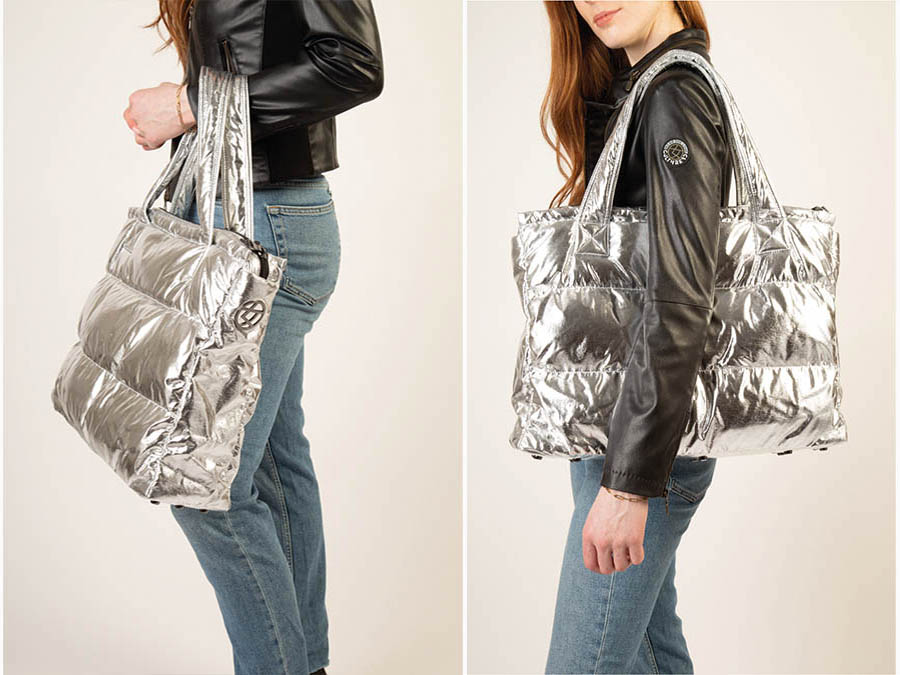What is Recycled Polyester?
Recycled polyester is a type of polyester fabric that is made from recycled materials, typically post-consumer plastic bottles or post-industrial polyester waste.
The production of traditional polyester involves using raw materials derived from petroleum, but recycled polyester helps reduce the dependence on new fossil fuels and decreases the environmental impact associated with traditional polyester production.
The process of recycling polyester involves collecting and sorting used plastic bottles or other polyester waste, cleaning and breaking down the materials into small chips, and then melting and re-spinning them into new polyester fibre.
Recycled Polyester Makes a Difference
This process helps divert plastic waste from landfills and reduces the overall carbon footprint of polyester production.
It is used in various textile applications, including clothing, activewear, and home textiles.
It has become increasingly popular as consumers and businesses seek more sustainable and eco-friendly alternatives to conventional materials.
The quality of recycled polyester is comparable to that of virgin polyester, making it a viable option for environmentally conscious consumers.
Why Recycled Polyester is Important to the Fashion Industry
It is important in the fashion industry for several reasons, primarily related to environmental sustainability and resource conservation.
Here at sustainablefashion.ie we explain some key reasons why recycling polyester is gaining significance in the fashion world.
1. Resource Conservation
This is made from post-consumer PET (polyethylene terephthalate) plastic, which is derived from items such as plastic bottles.
By using recycled materials, the fashion industry helps reduce the demand for new raw materials, conserving natural resources and decreasing the environmental impact associated with traditional polyester production.
2. Waste Reduction
It helps divert plastic waste from landfills and oceans. By incorporating recycled polyester into fashion products, the industry contributes to the reduction of the environmental burden associated with plastic pollution.
3. Energy Savings
The production is typically requires less energy compared to virgin polyester production. This is because the process of breaking down and reprocessing existing polyester materials can be less energy-intensive than extracting and refining new petroleum-based raw materials.
4. Reduced Carbon Footprint
The production of recycling polyester generates fewer greenhouse gas emissions compared to traditional polyester production.
Using recycled materials contributes to lowering the carbon footprint of fashion items, aligning with global efforts to combat climate change.
5. Consumer Demand
As awareness of environmental issues grows, consumers are increasingly seeking sustainable and eco-friendly products.
Many individuals are willing to support brands that incorporate recycled materials in their products, driving a shift in the industry towards more sustainable practices.
6. Circular Economy
It is part of the broader concept of a circular economy, where materials are reused and recycled to create a closed-loop system.
By adopting the process of recycling polyester, the fashion industry takes a step toward minimising its contribution to the linear “take, make, dispose” model.
7. Innovation and Technology
Ongoing advancements in recycling technologies have made it increasingly viable to produce high-quality recycled polyester.
This encourages innovation in the fashion industry, as designers and manufacturers explore new ways to create stylish and sustainable products.
And Finally
While recycling polyester has environmental benefits, it’s important to note that it is not a perfect solution.
Challenges such as microfiber shedding during washing and the potential for downcycling (where the quality of the material decreases with each recycling cycle) still need to be addressed.
Nevertheless, the adoption of recycling polyester represents a positive step toward a more sustainable and responsible fashion industry.






